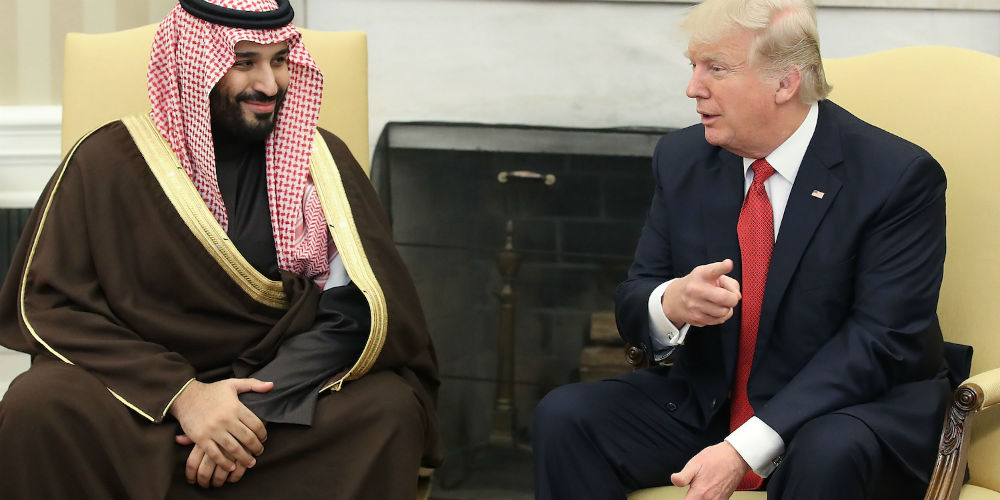 BY SAEED NAQVI
BY SAEED NAQVI
The dizzying pace of developments in the Arab World have left dictatorial casualties, sectarian and tribal conflicts, unsettled monarchies and opened up possibilities of at least two democratic elections. The first, of course, is Egypt in September.
The second election on the cards has been made possible by the surprising announcement in Cairo that Hamas and Fatah have agreed to reconcile their differences. Next week Palestinian President, Mahmoud Abbas and Hamas Politburo chief Khaled Meshal will meet to sign the agreement.
The agreement calls for a caretaker government of technocrats who will also set the ball rolling for Presidential, Parliamentary and National Palestinian council elections within a year.
Israelis, barely recovering from the week long Passover observances, are in a state of shock. In the first week of May Prime Minister Benjamin Netanyahu was to visit Paris and London, presumably to firm up the resolve of these capitals on Libya and also to refine passages in what he had hoped would be a historic address to the joint session of the US Congress.
By so doing he would have sailed around the Obama team with which his equation is frosty. But with the surprising turn of events in the Palestinian parlour, the game changes radically.
Winds of change in the Arab world left Israel initially distraught with the fall of Mubarak. But then the mood changed. Changes elsewhere were seen as popular quest for empowerment in which, for once, Arab-Israeli peace (or its obverse) was not the centerpiece.
Broadly, there emerged two dominant schools of thought in Jerusalem. Yes, tectonic shifts were taking place across the Arab world but it was totally unclear where these changes would lead. “The Arab spring could easily turn into an Iranian winter!” is Netanyahu’s favourite incantation.
So, this school of thought says: don’t be hasty on the peace process. Let us watch which way the Arab cookie crumbles.
The other school of thought suggested the opposite: this is the time to take the initiative and shape the outcome in the various Arab states, initiative toward a settlement with the Palestinians.
But settlement with which Palestinians? Mahmoud Abbas has little credit even in the Fatah. To talk to Hamas would be to confer legitimacy on it. In the circumstances the best course open to Netanyahu was to spell out a peace plan with or without any consultations with Mahmoud Abbas. This was the advice being given.
The option to wait and watch while the Arab picture clarifies was overwhelmed by the other danger looming on the horizon: the Palestinian intention to ask the UN General Assembly during its upcoming session in September to recognize an independent Palestinian state which would include the Gaza strip.
Netanyahu, of course, has condemned Fatah’s reconciliation with Hamas “which seeks the destruction of Israel”.
No one expects Hamas to publicly backtrack on its stand vis a vis Israel. But once the UN recognizes a state of which both Fatah and Hamas are sponsors, where is the requirement for Hamas to announce another recognition in a annexure?
Jerusalem is an alert city. There was some speculation that Hamas-Fatah reconciliation would certainly be attempted. But the tightening speed with which the Egyptians were able to deliver a difficult agreement has taken peoples’ breath away.
One clear conclusion observers will draw is that the change of regime in Cairo has weakened Israeli intelligence. Surely meetings in which new Egyptian intelligence chief, Mourad Mousafi, Foreign Minister, Nabil Al-Arabi, Deputy Head of Hamas’ Damascus Political Bureau, Fatah’s Azam Al Ahmad all participated, would not have remained secret in the Mubarak days.
In fact Israel’s Deputy Prime Minister and Minister for Intelligence Dan Meridor told me with remarkable candour: “we were all taken aback” by recent developments in the Arab world. “First thing we must learn from these developments is humility – we simply did not know.”
Well, for the time being the New Egypt has clearly pre-empted whatever Netanyahu was planning to tell the joint session of Congress.
The serious business now is to navigate Egyptian and Palestinian elections successfully. This means a commitment not to discard results that are not fancied by Israel or US or both.
From Algeria in 1991 to the Palestinian elections more recently, the West has been guilty on this count: it has thwarted popular verdicts, aggravating militancies.
(Saeed Naqvi is senior Indian journalist, television commentator, interviewer, and a Distinguished Fellow at Observer Research Foundation. Mr. Naqvi is also a mentor and a guest blogger with Canary Trap)

